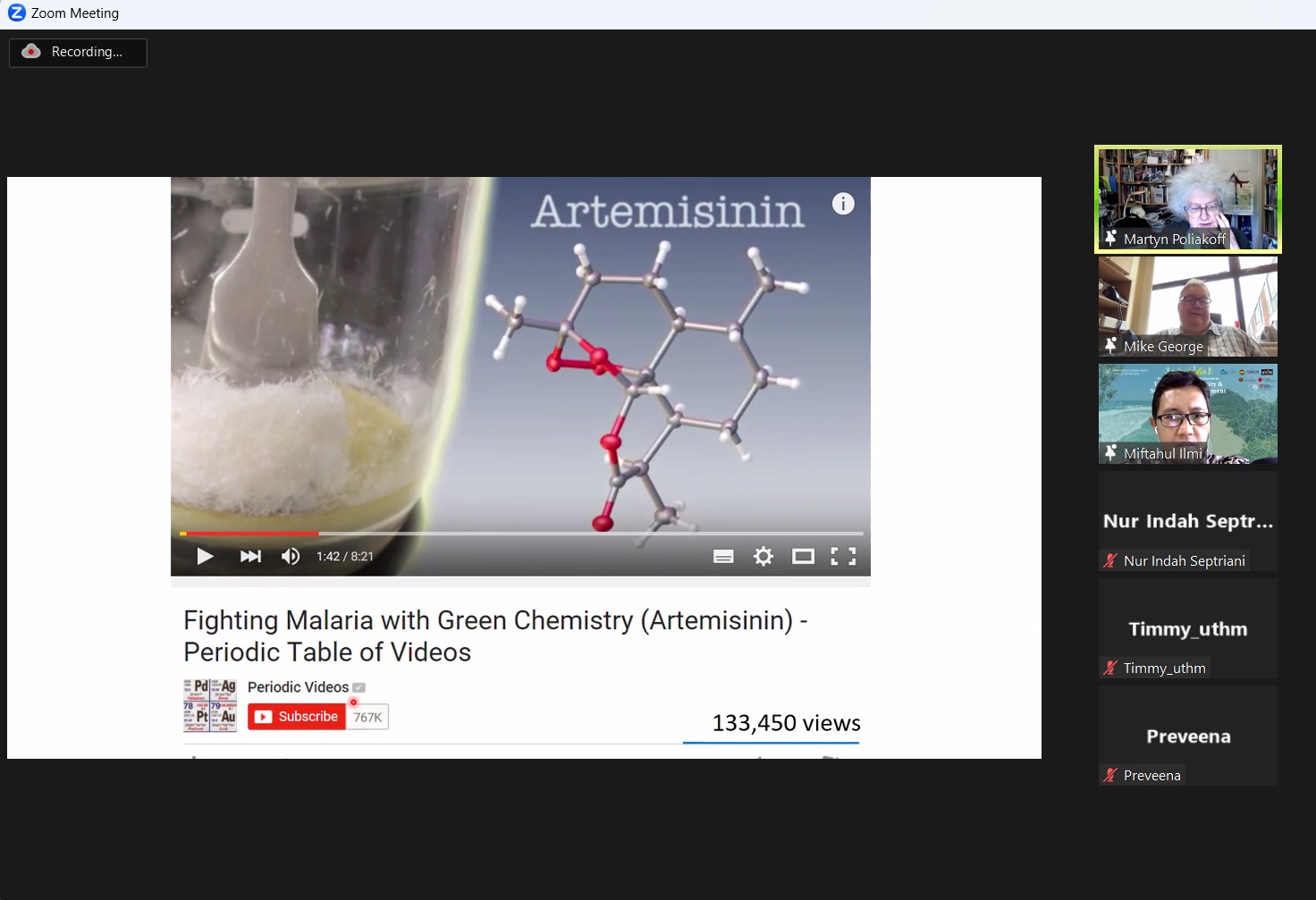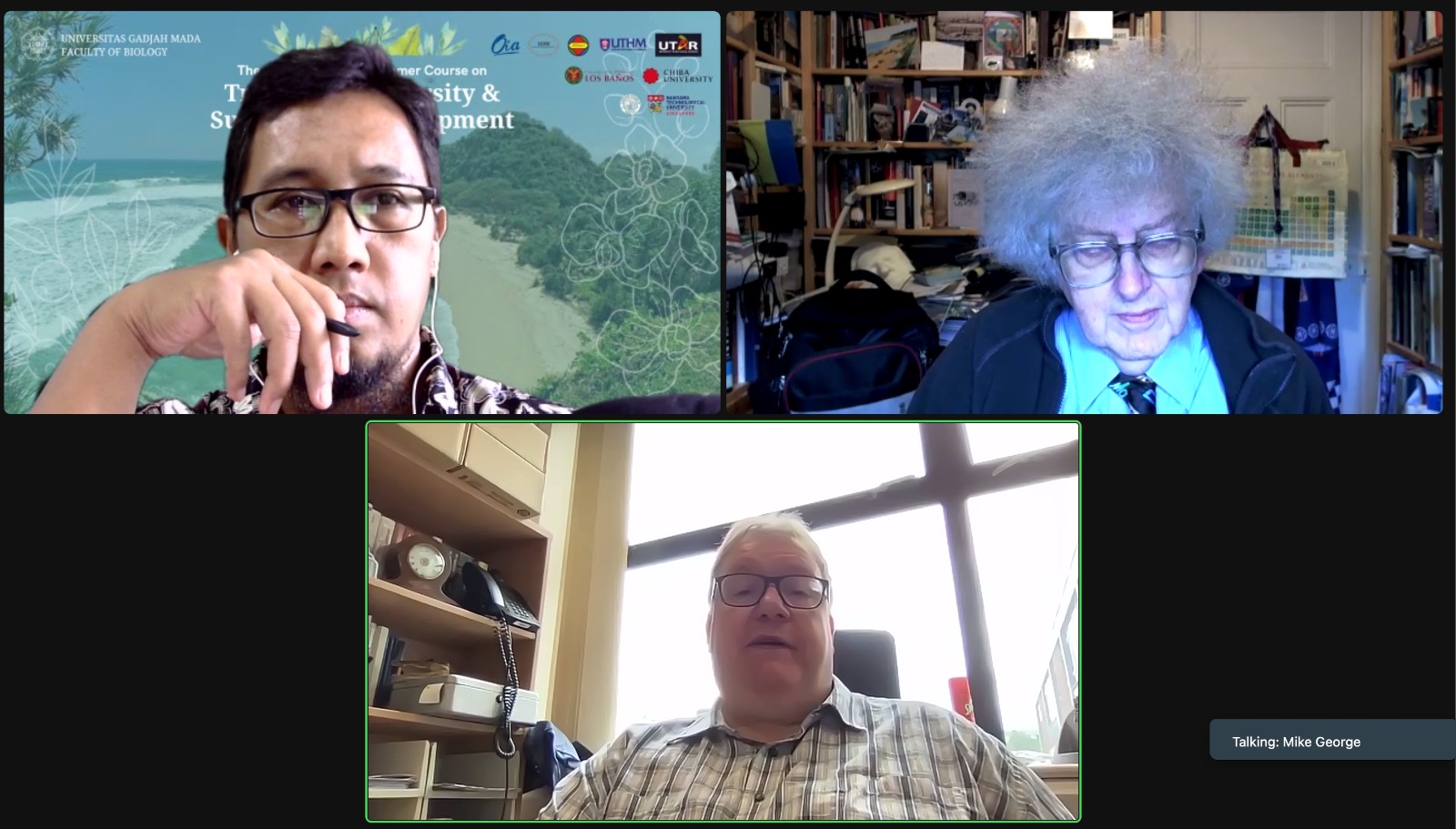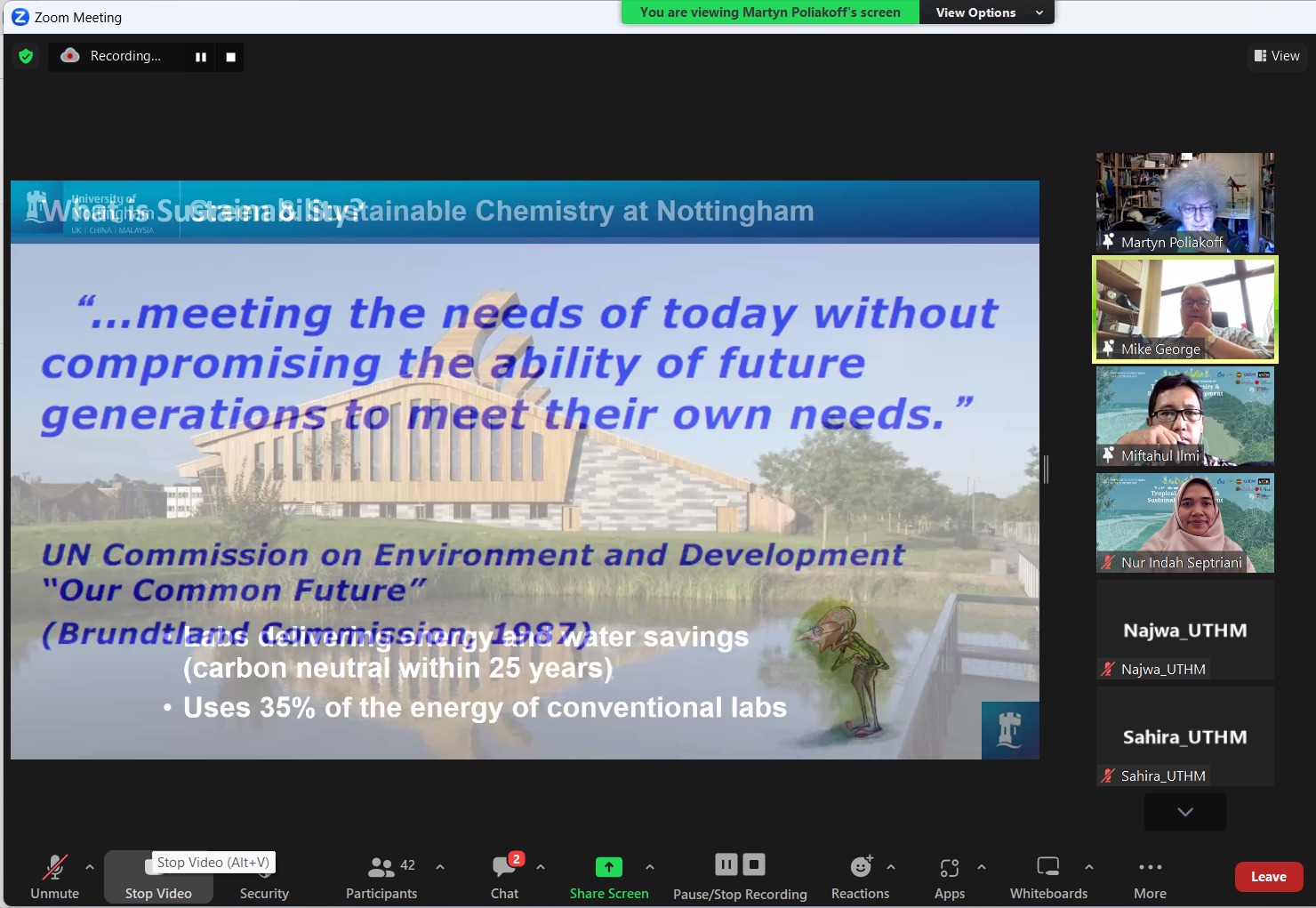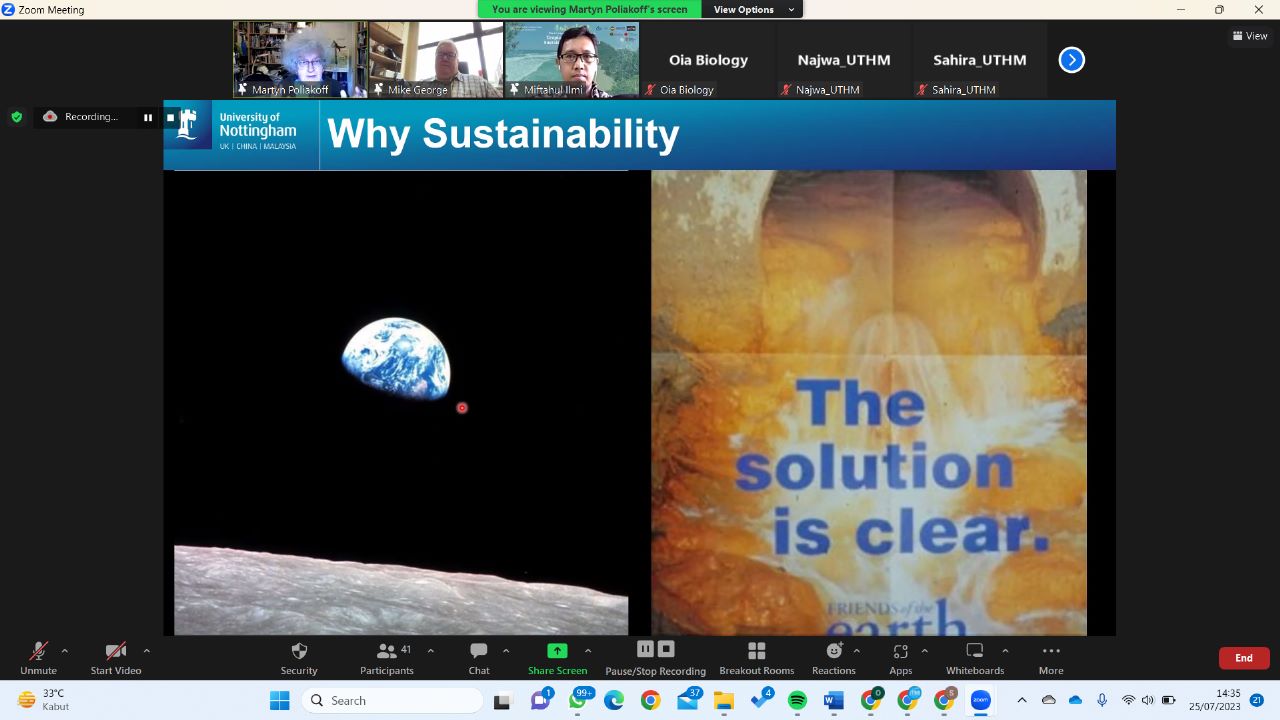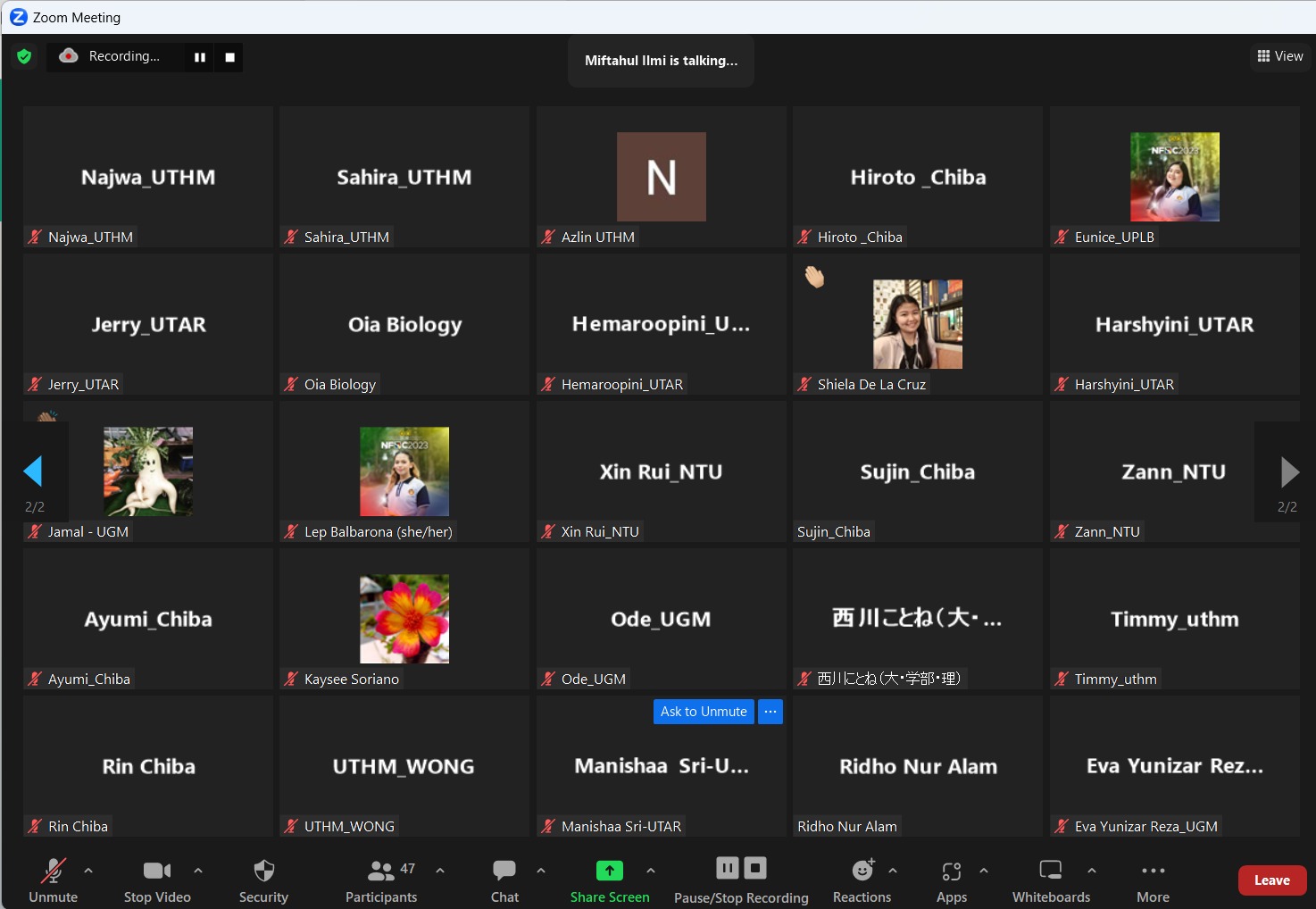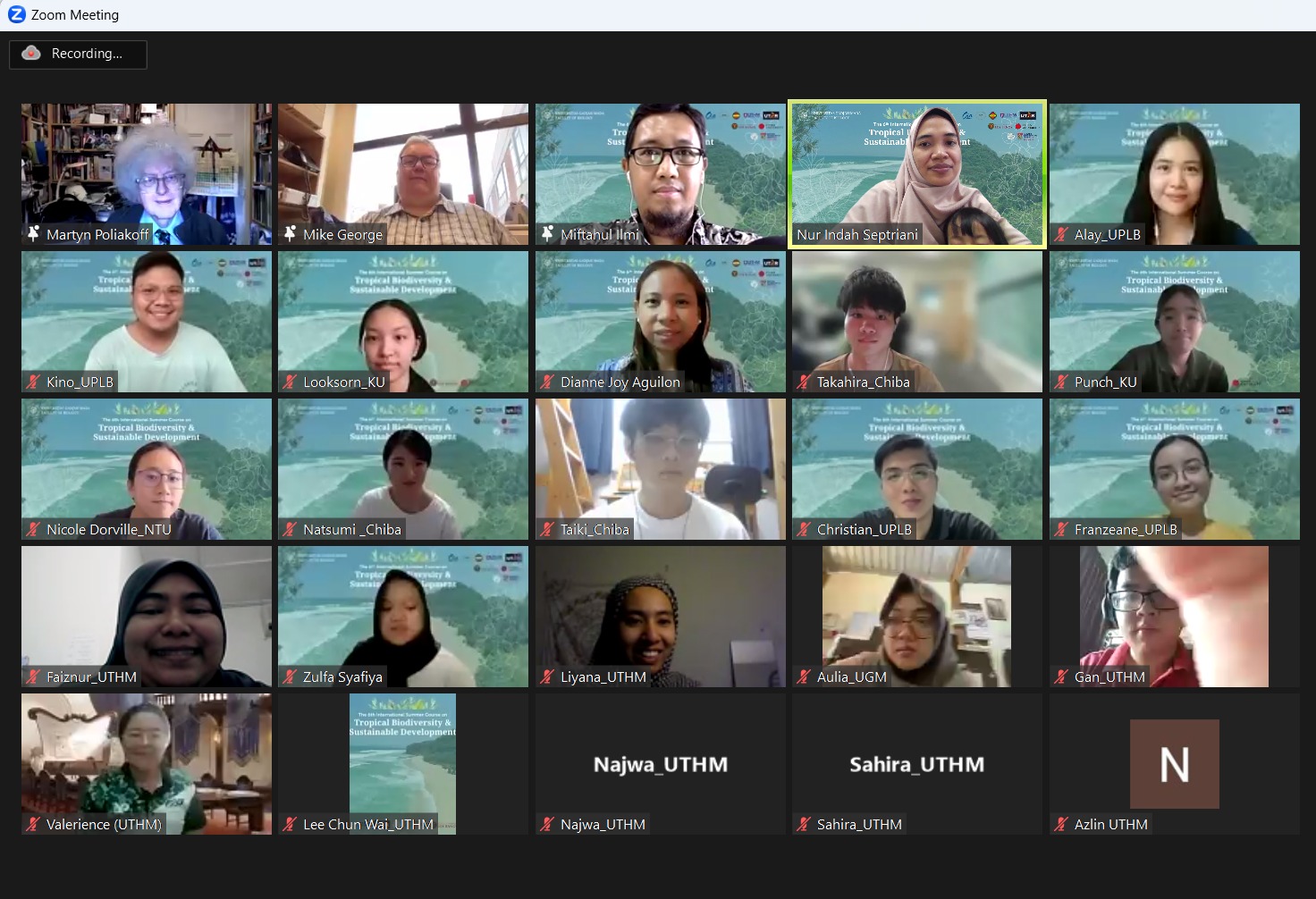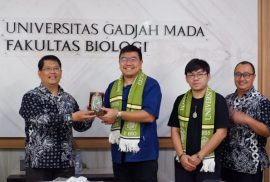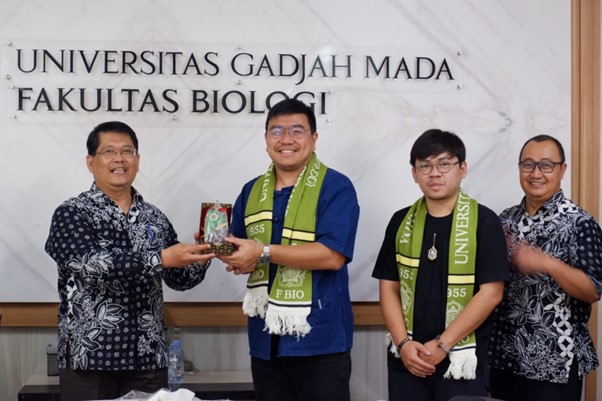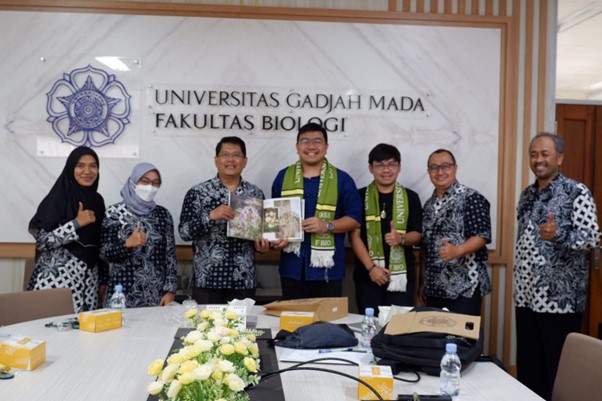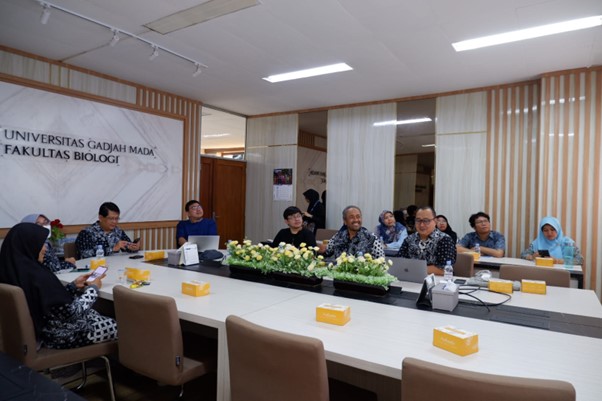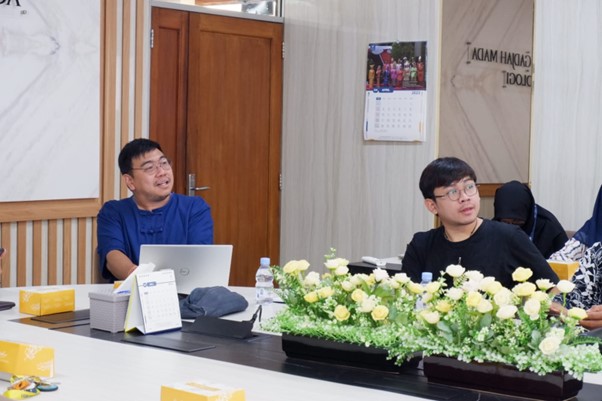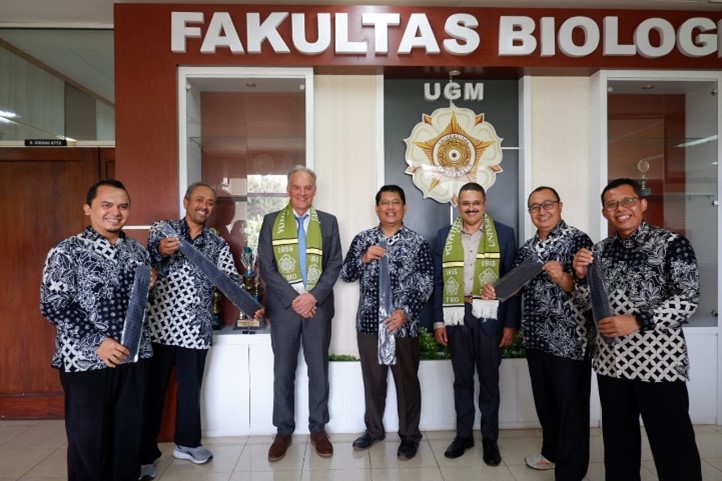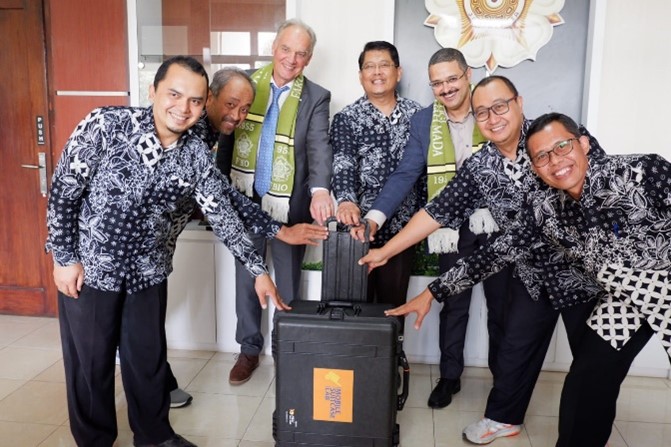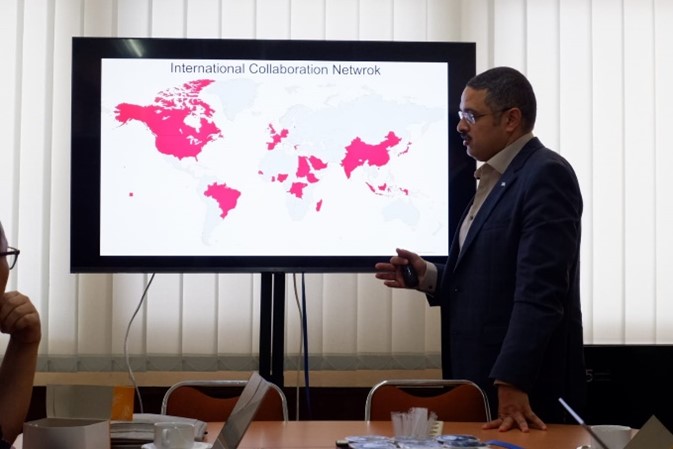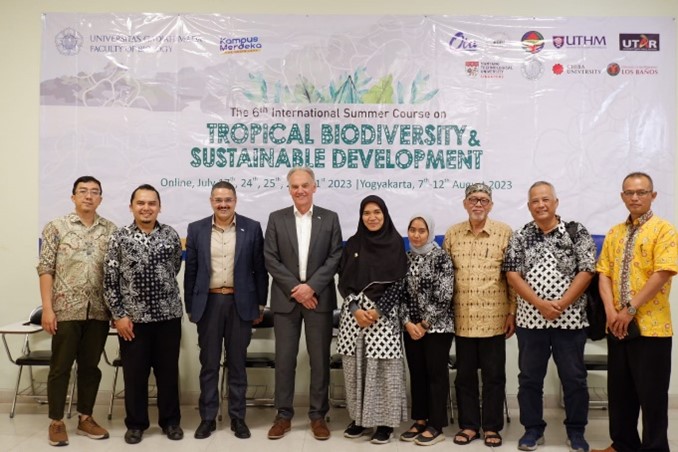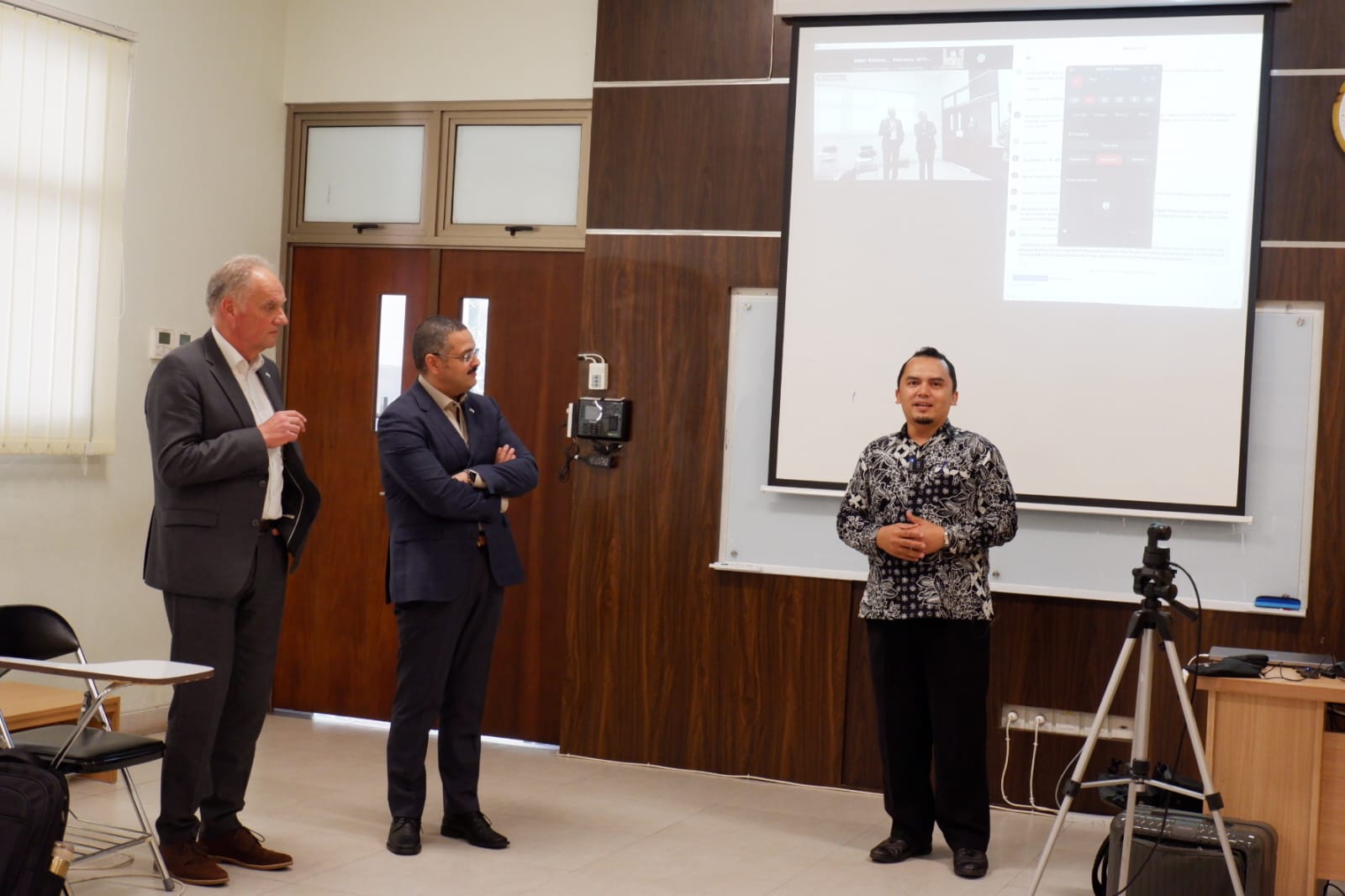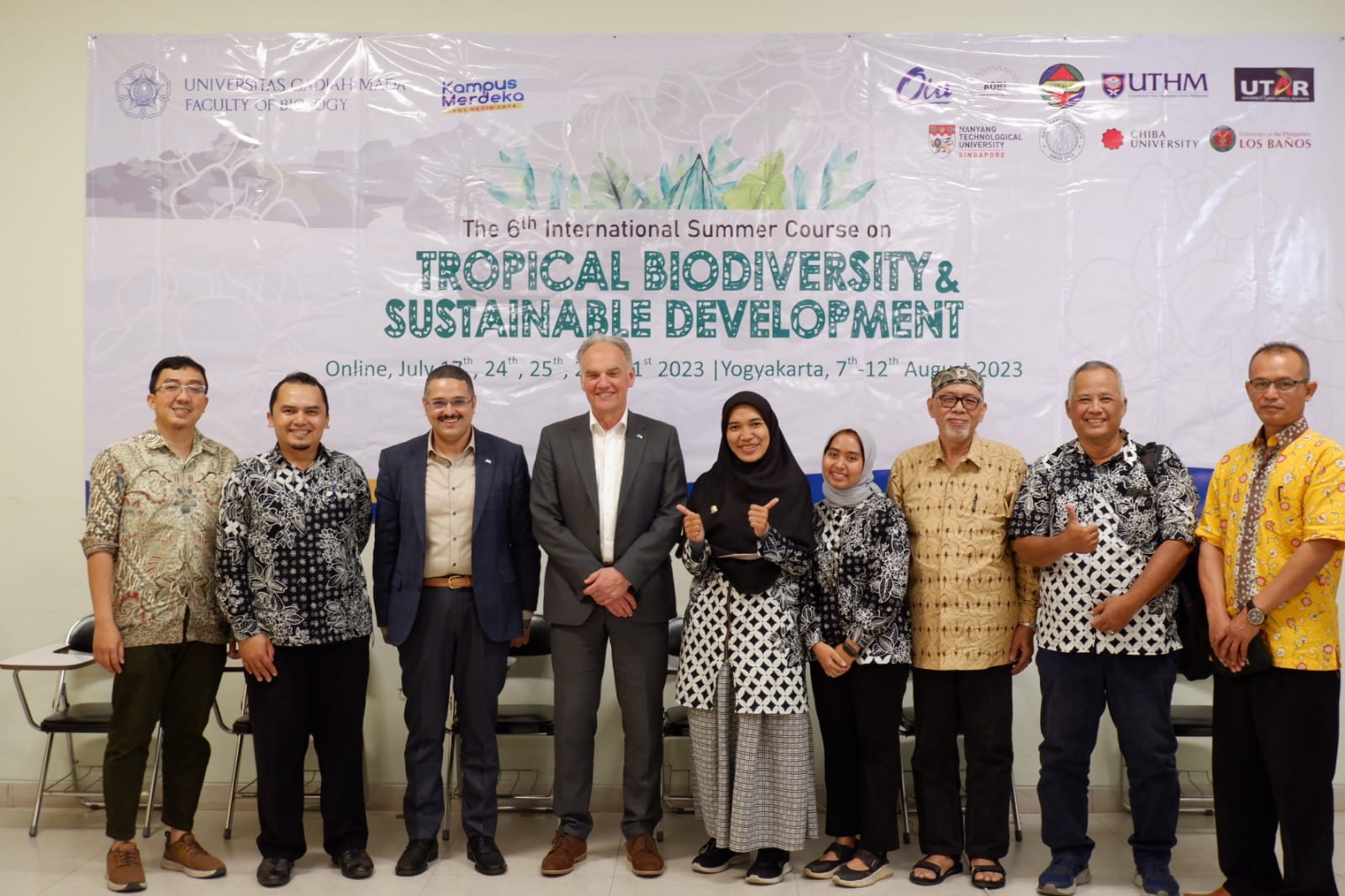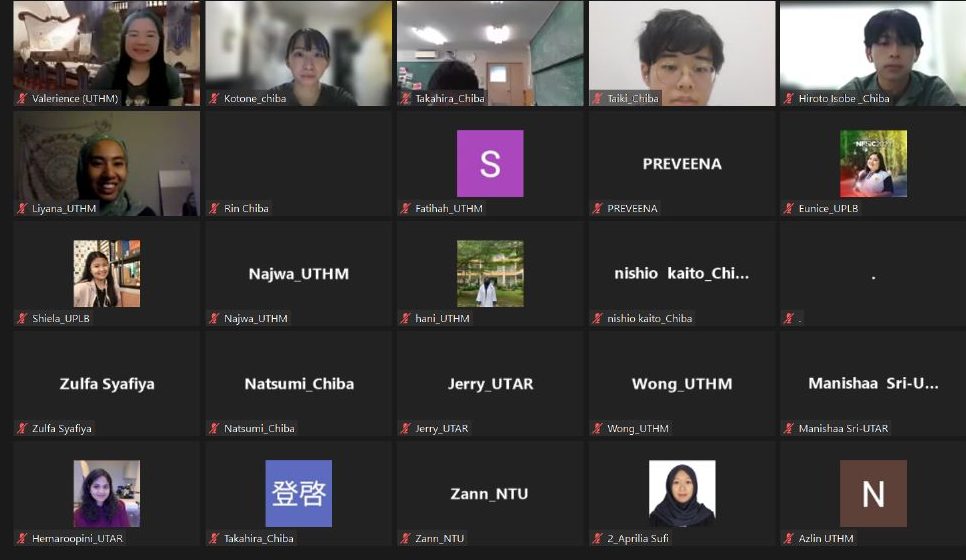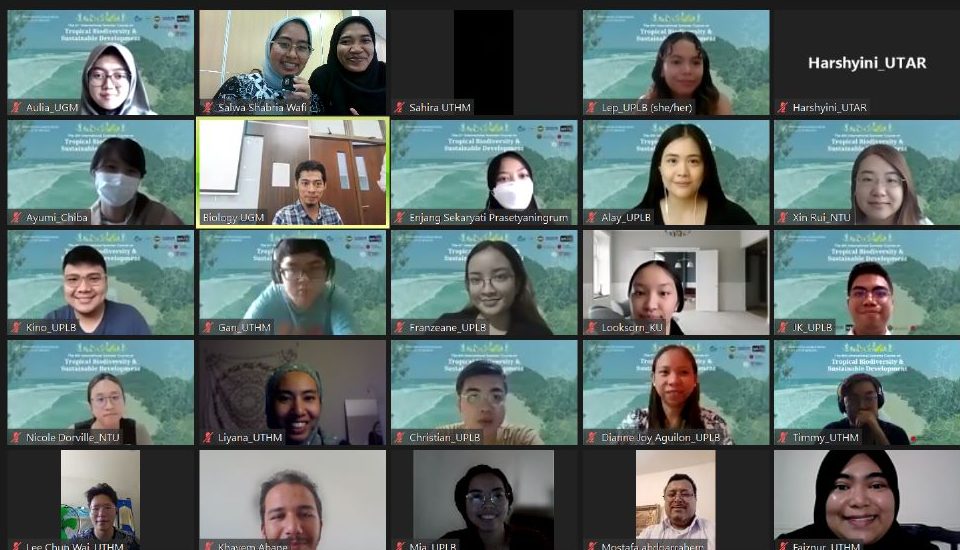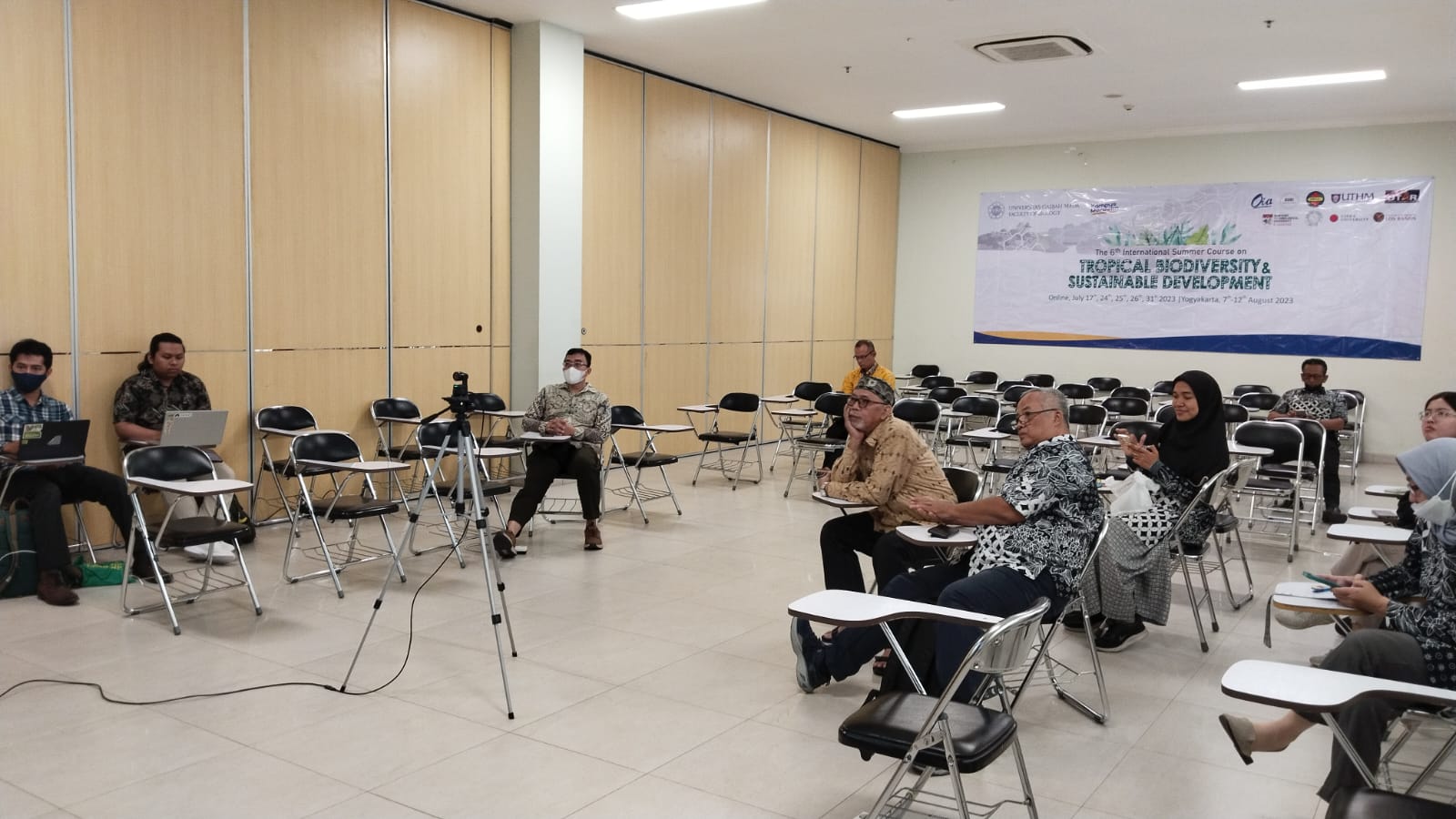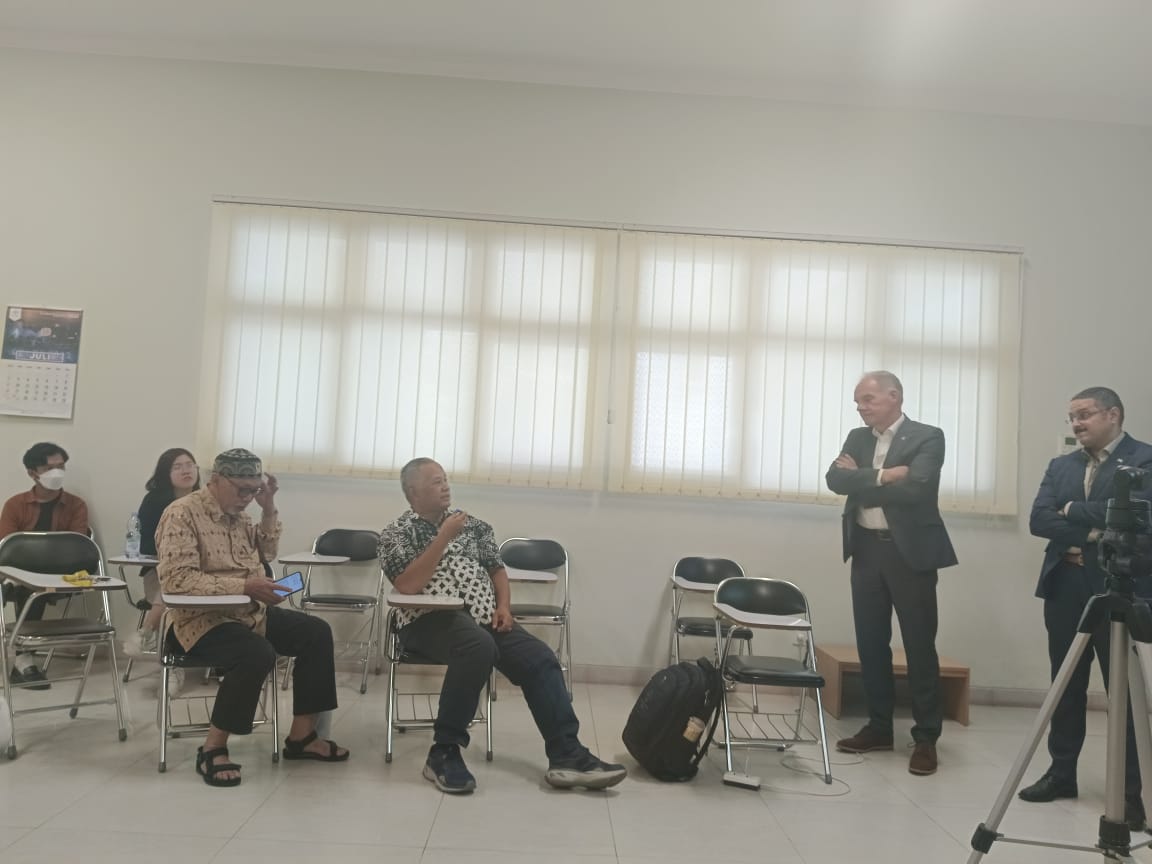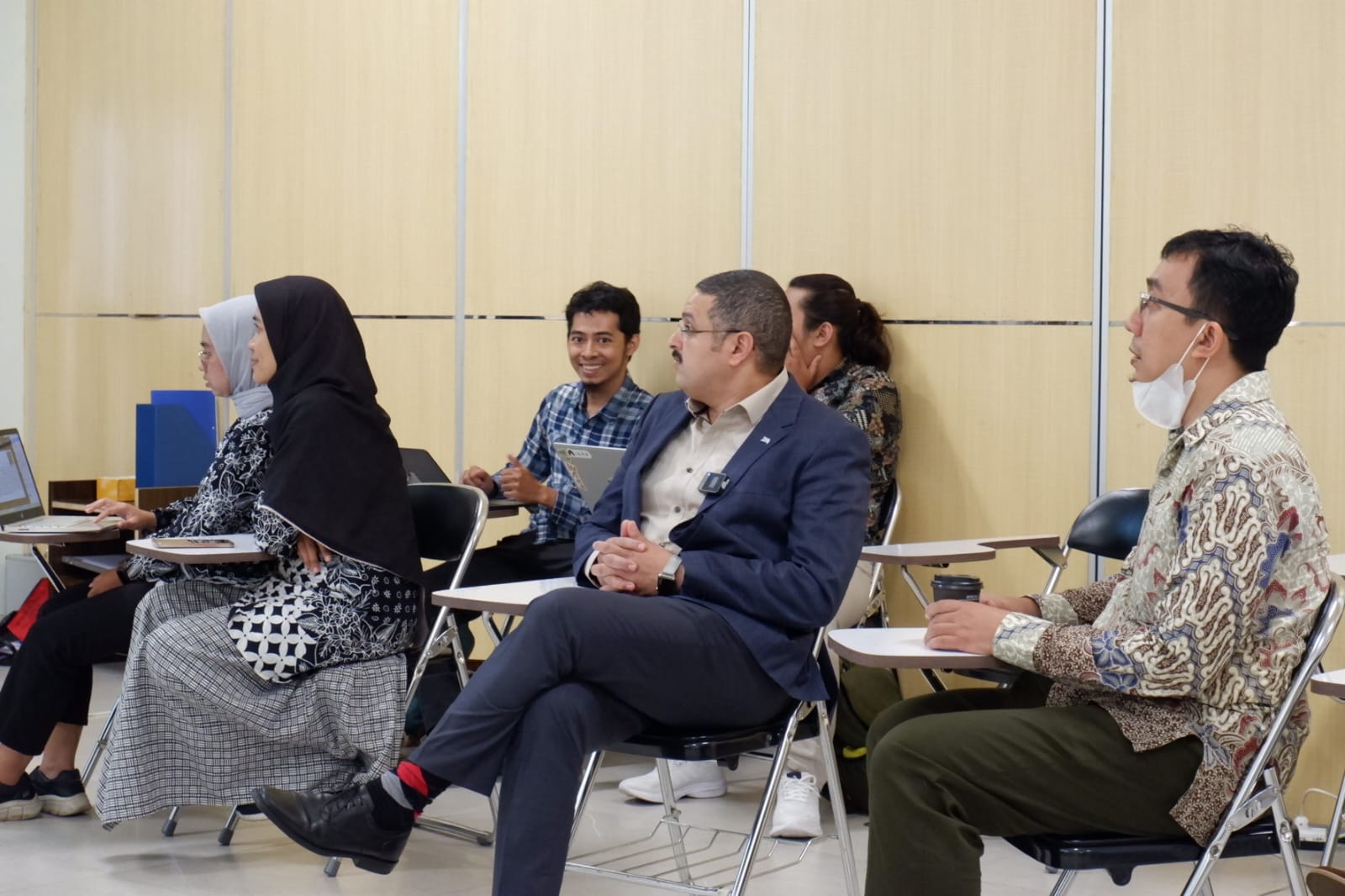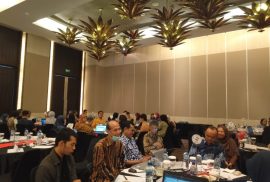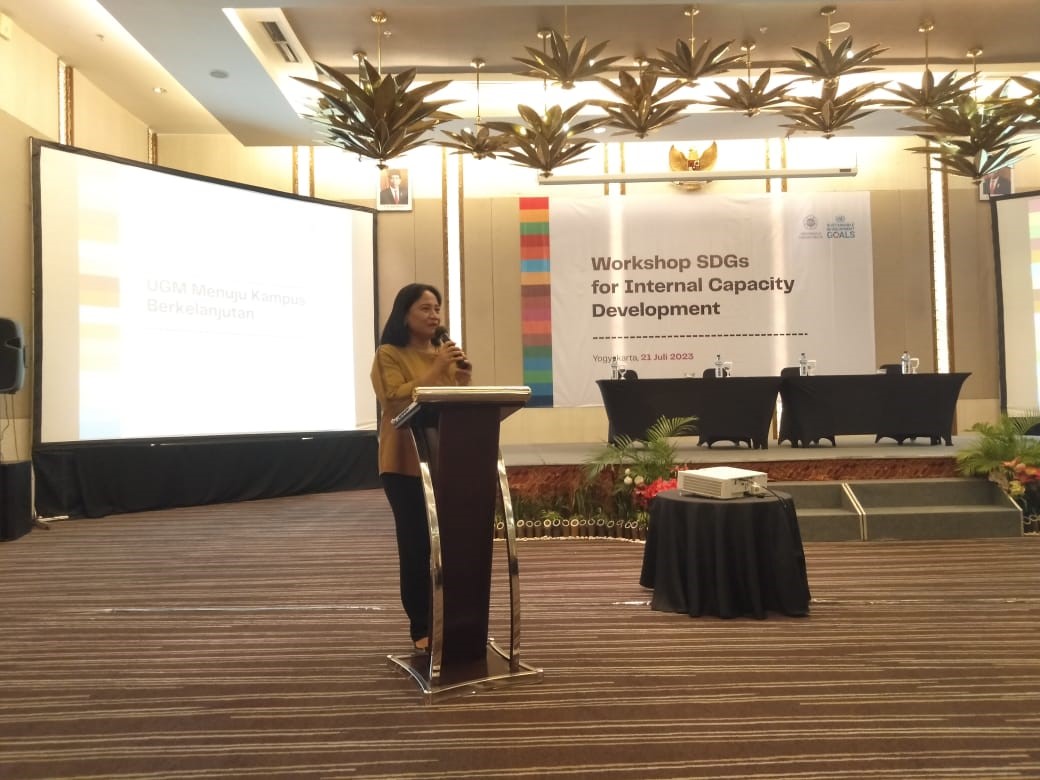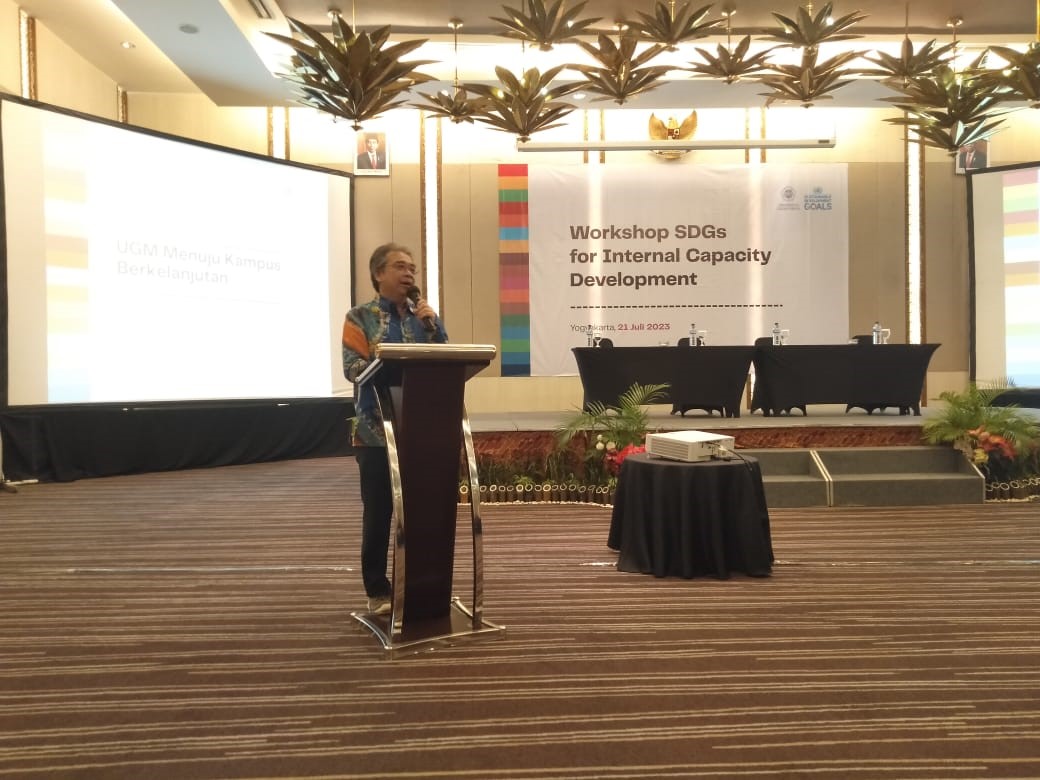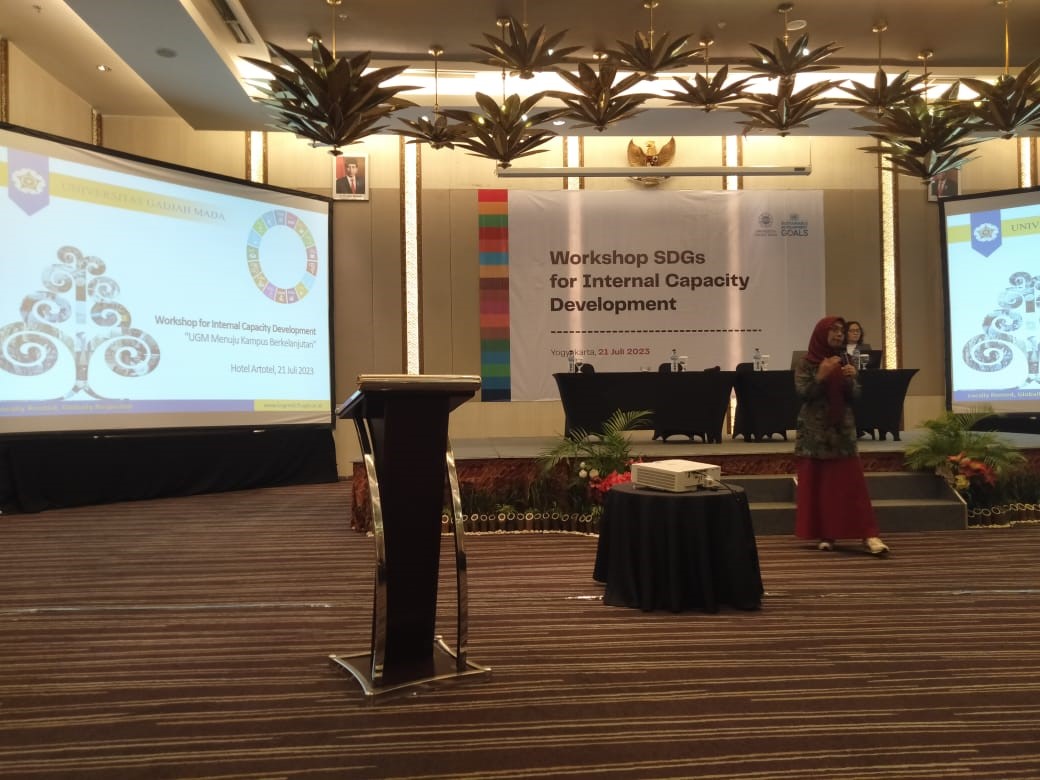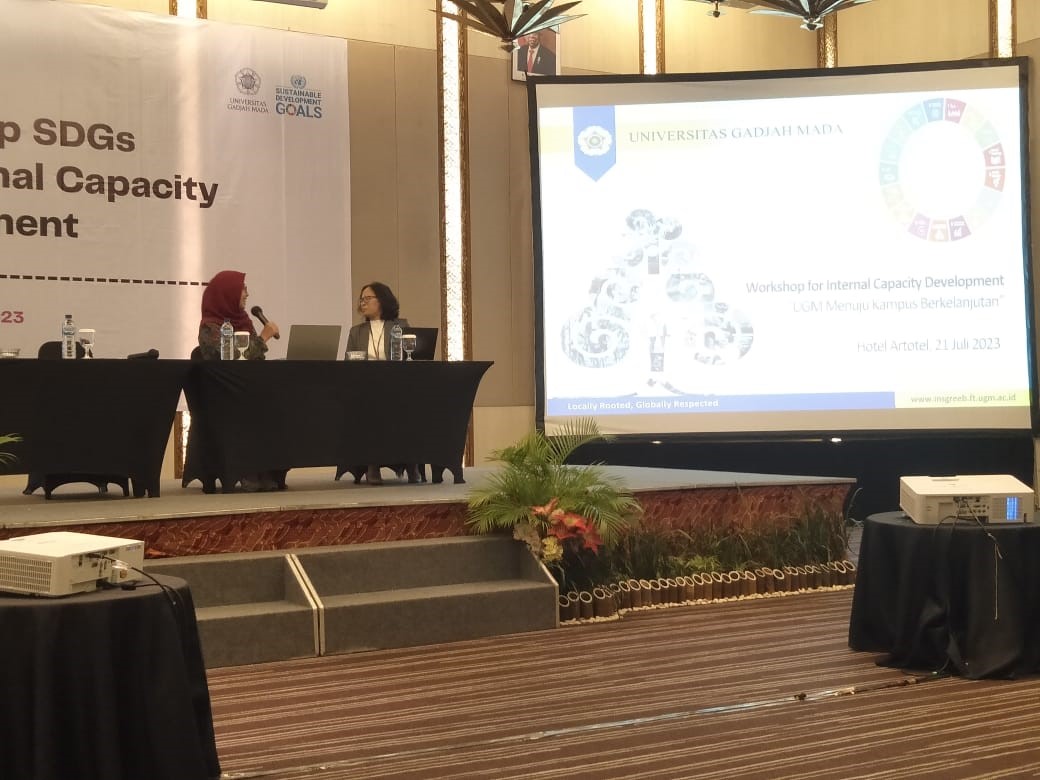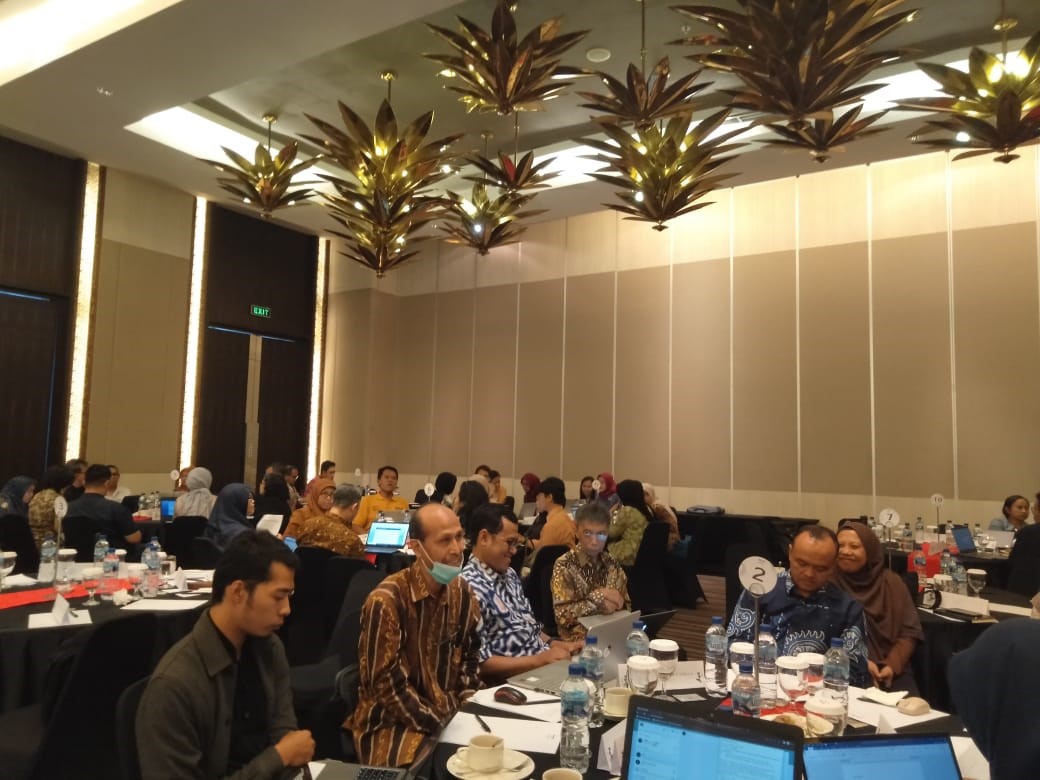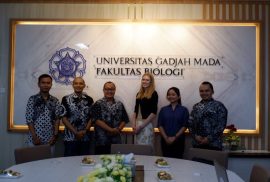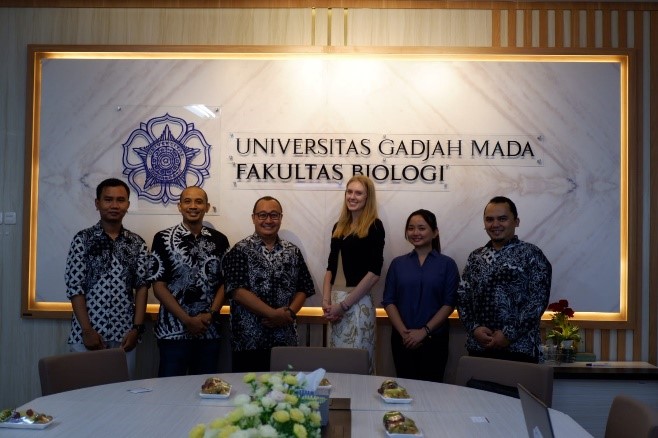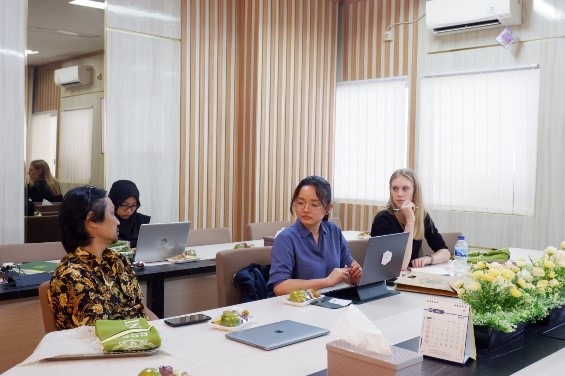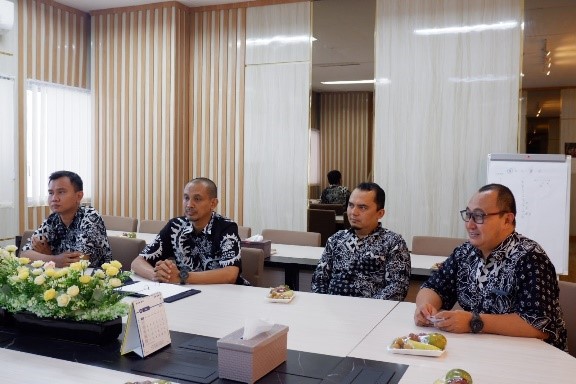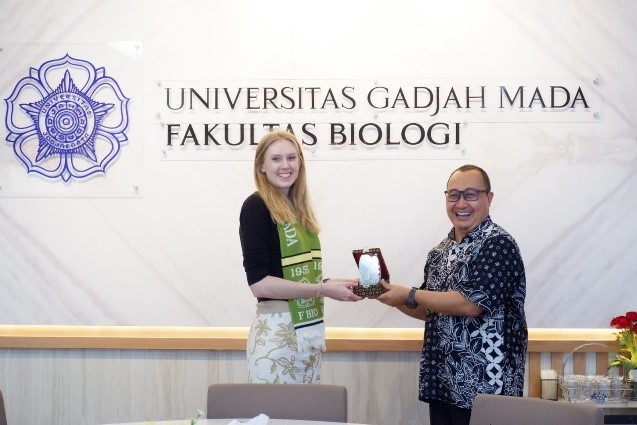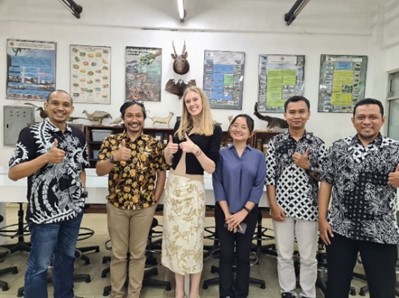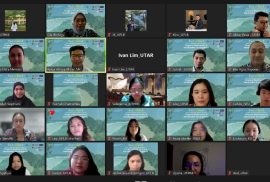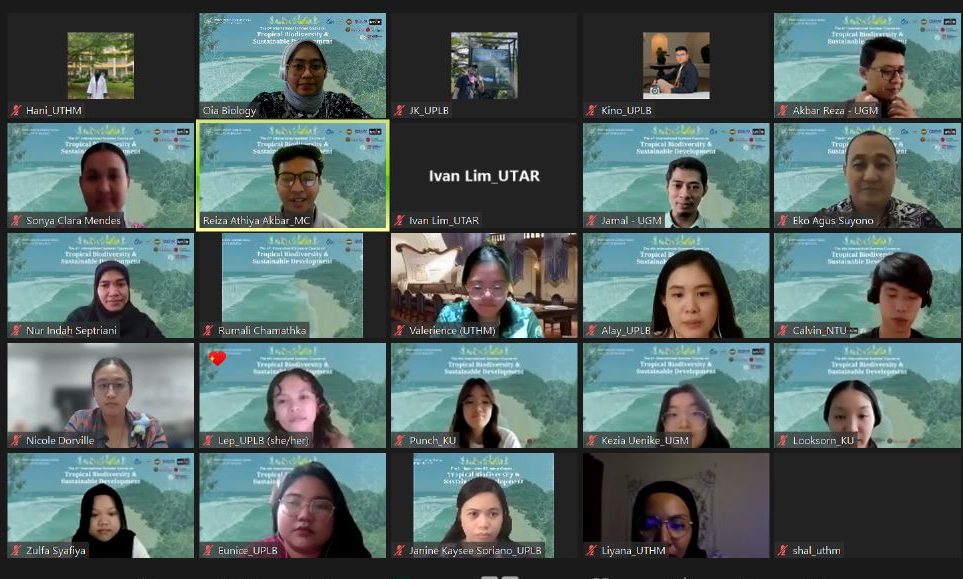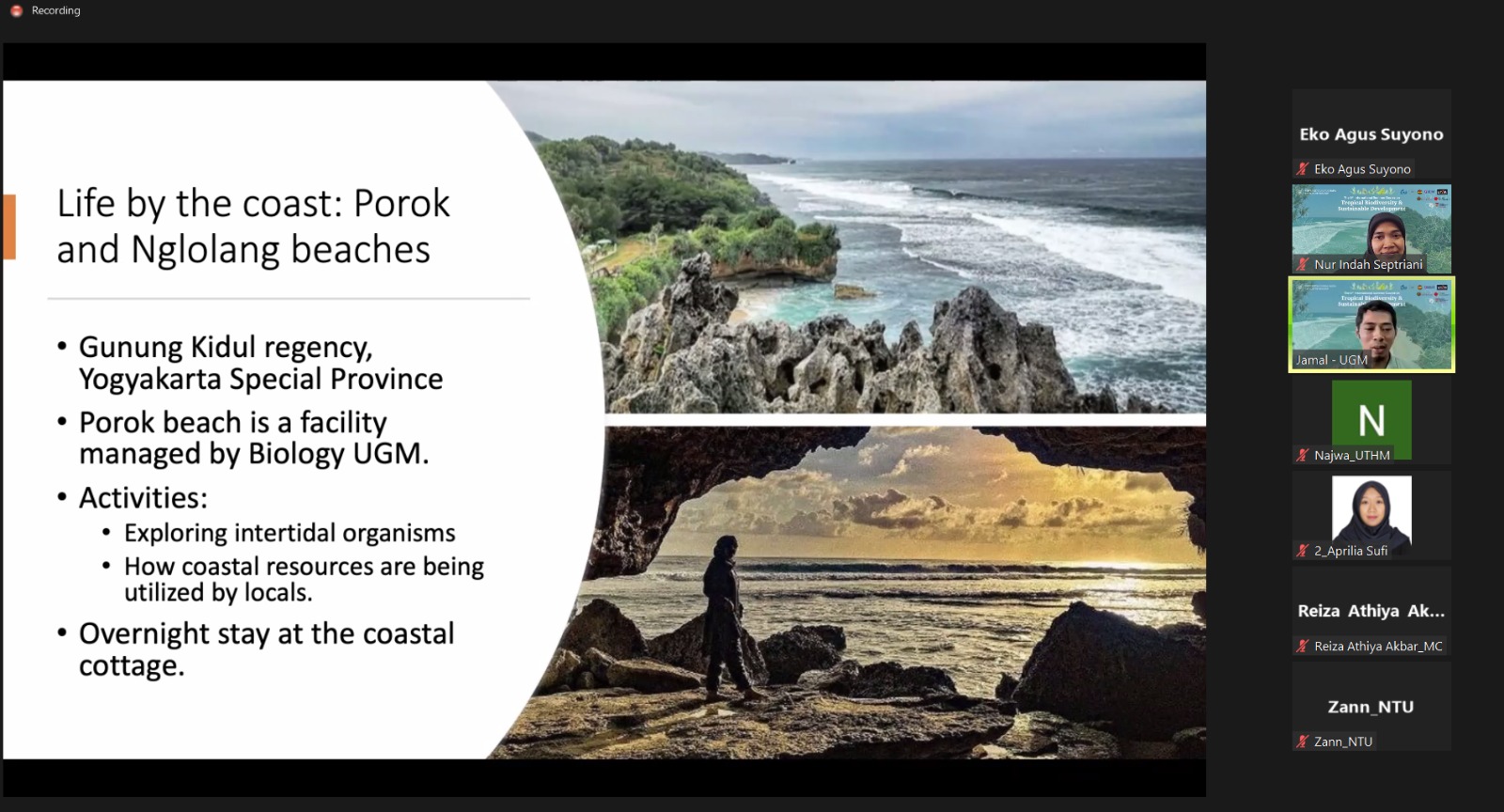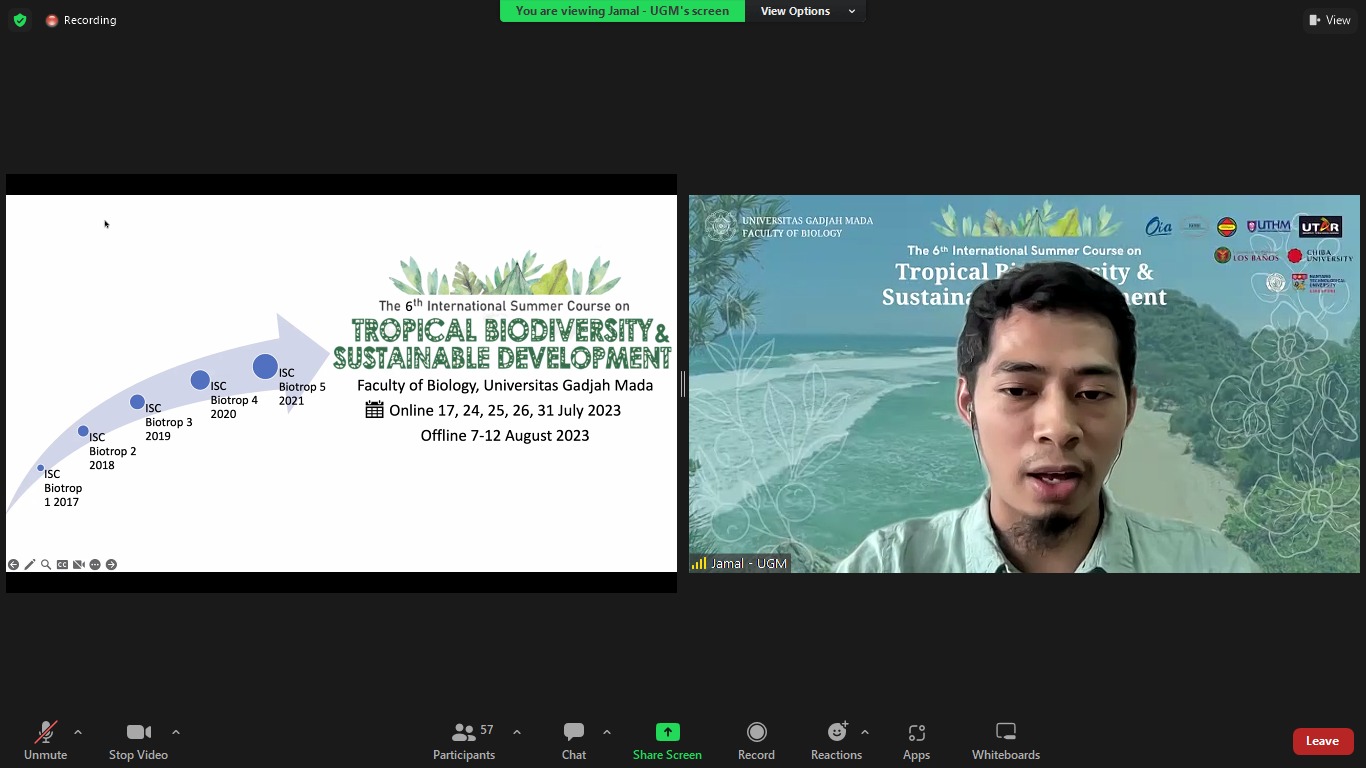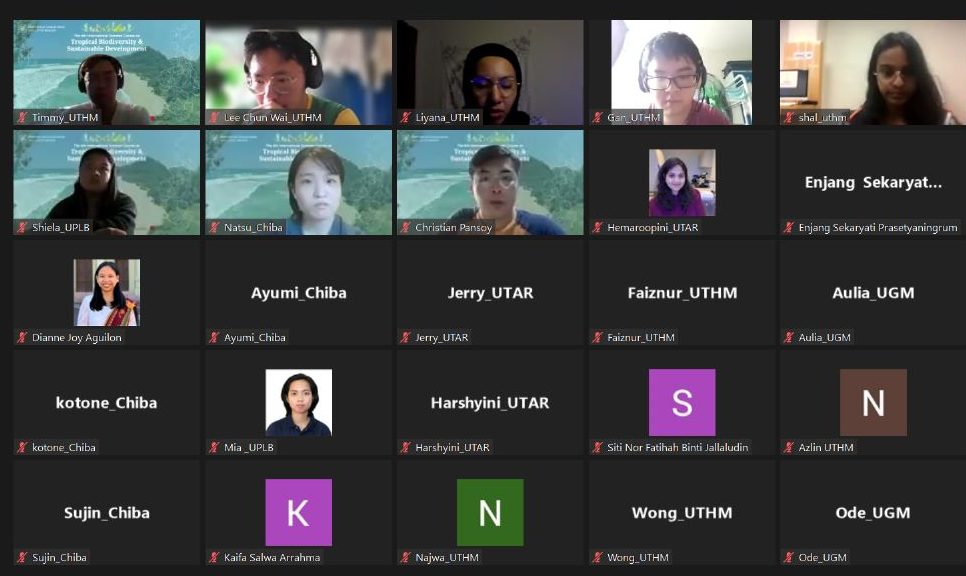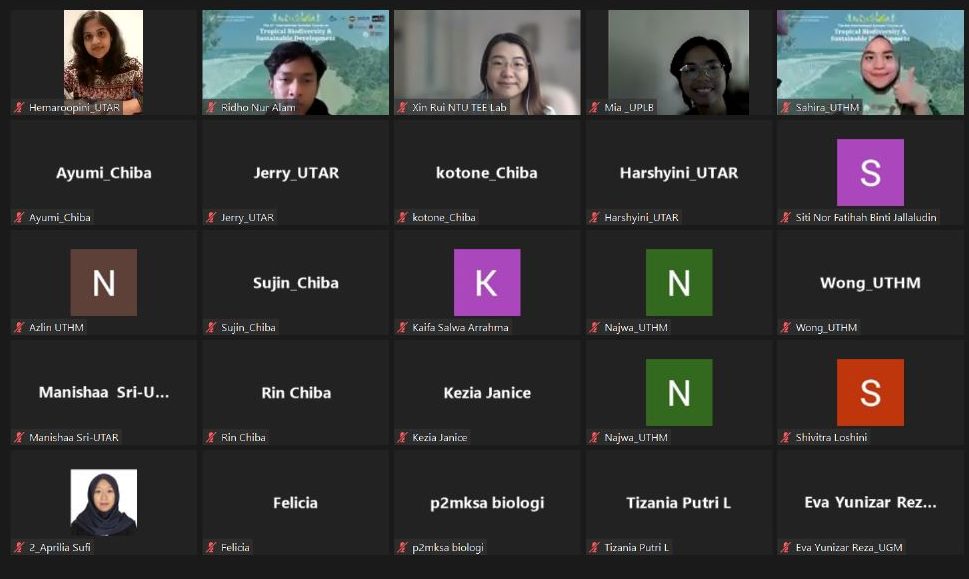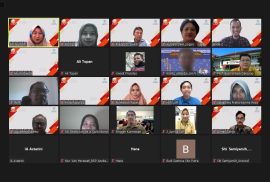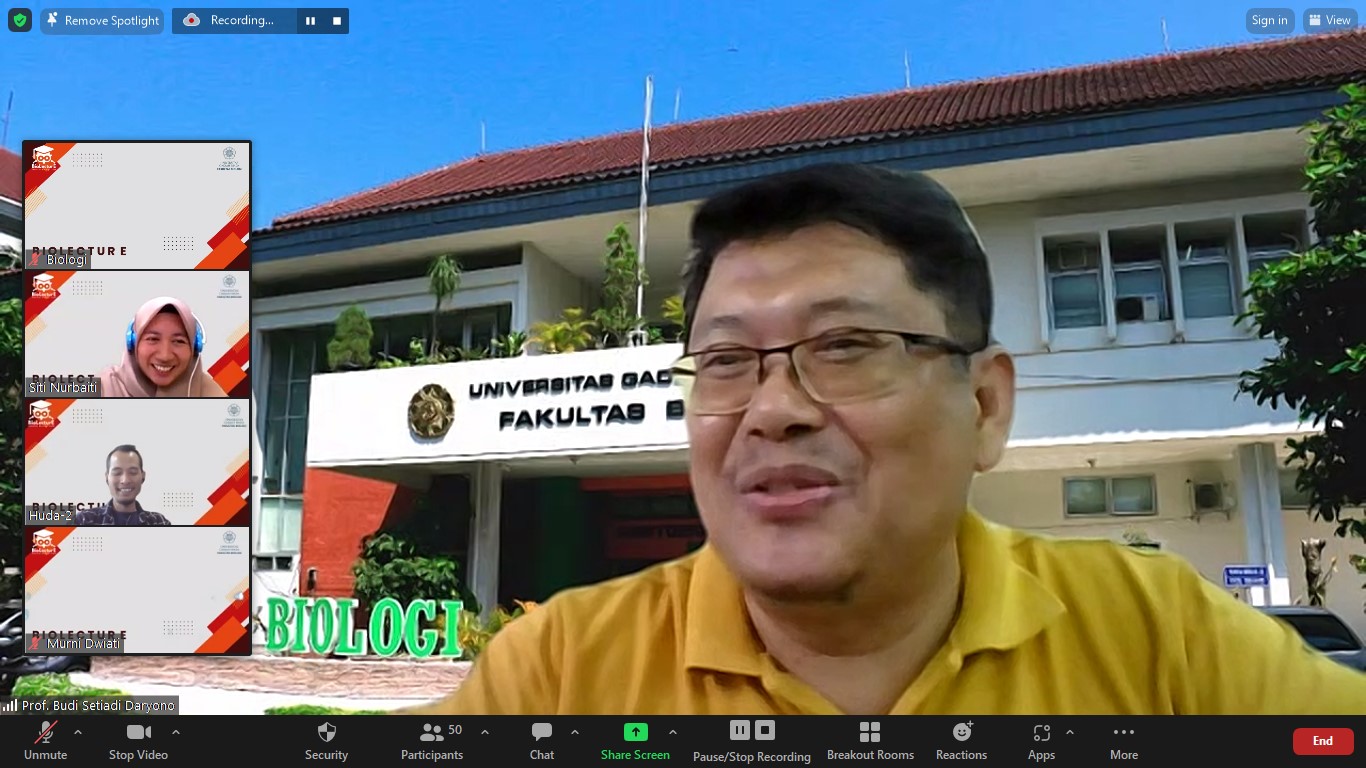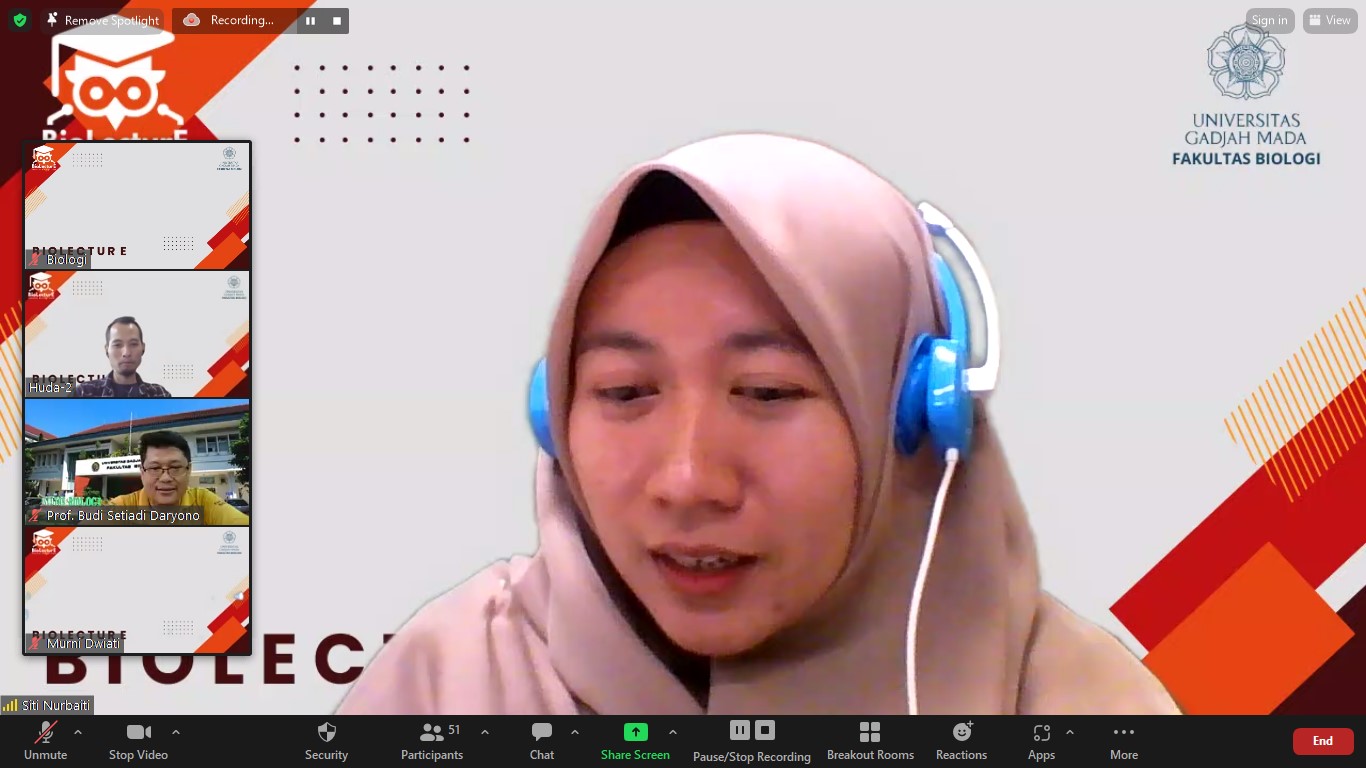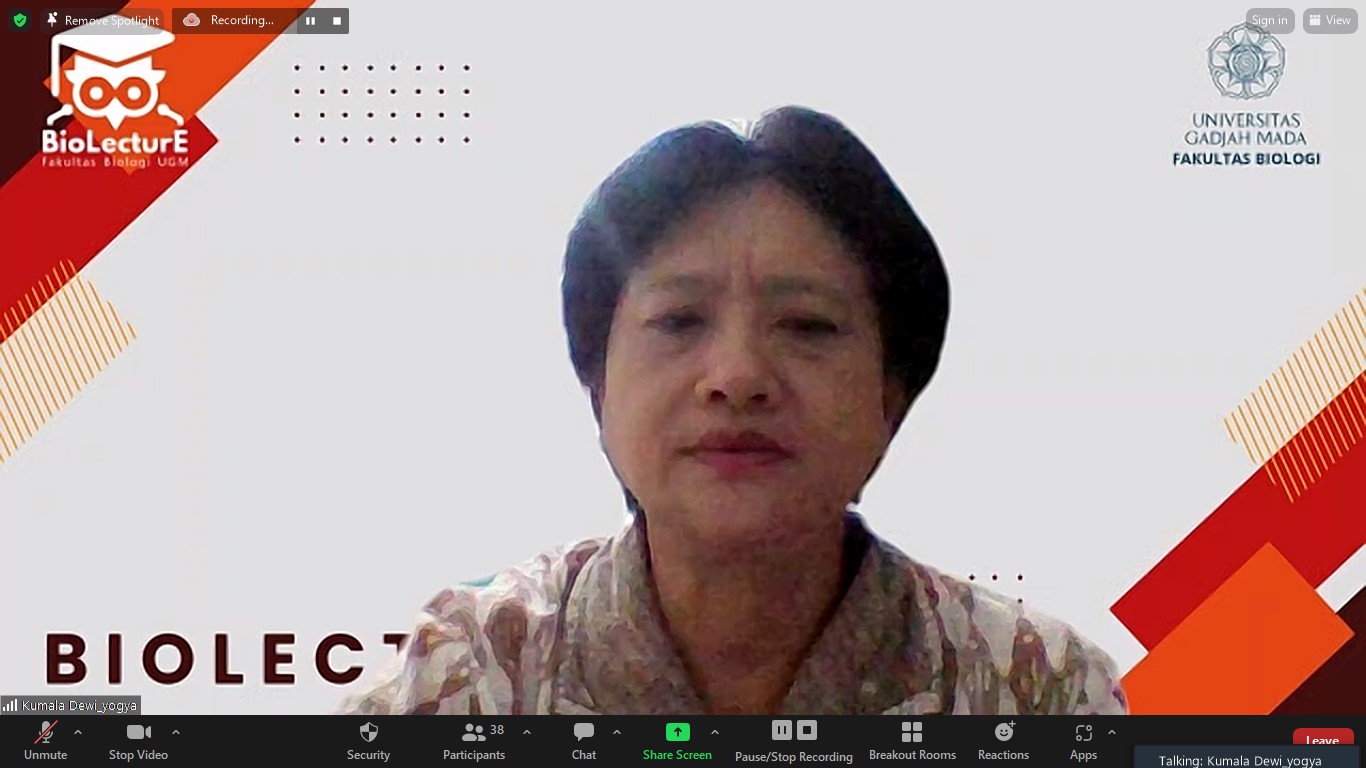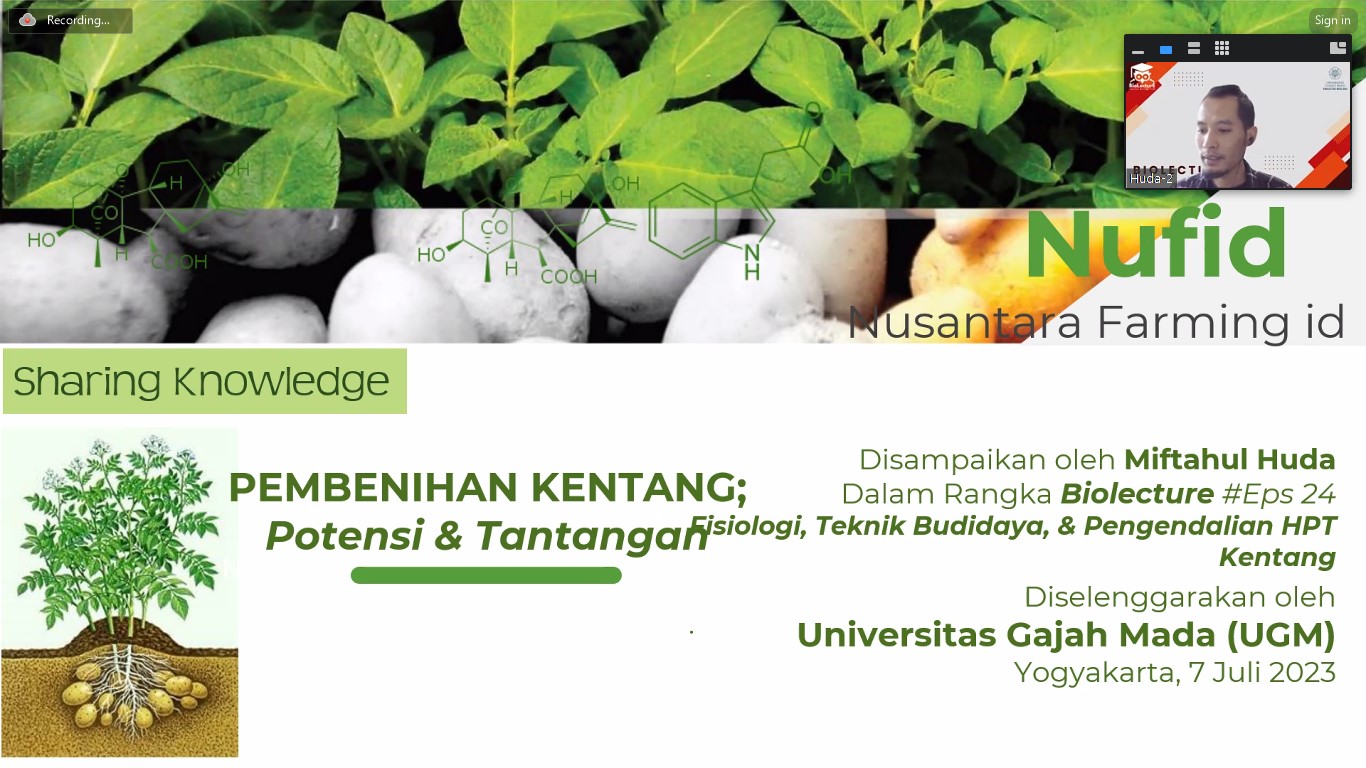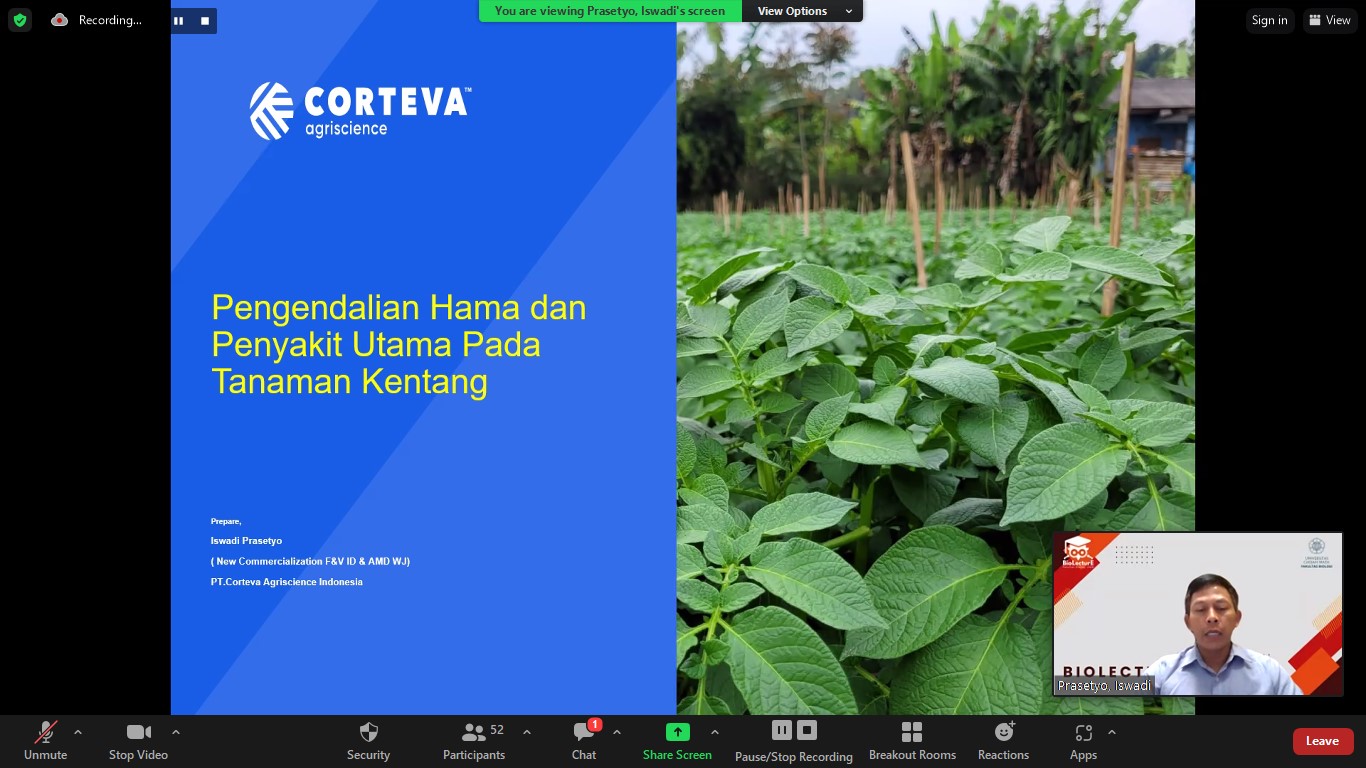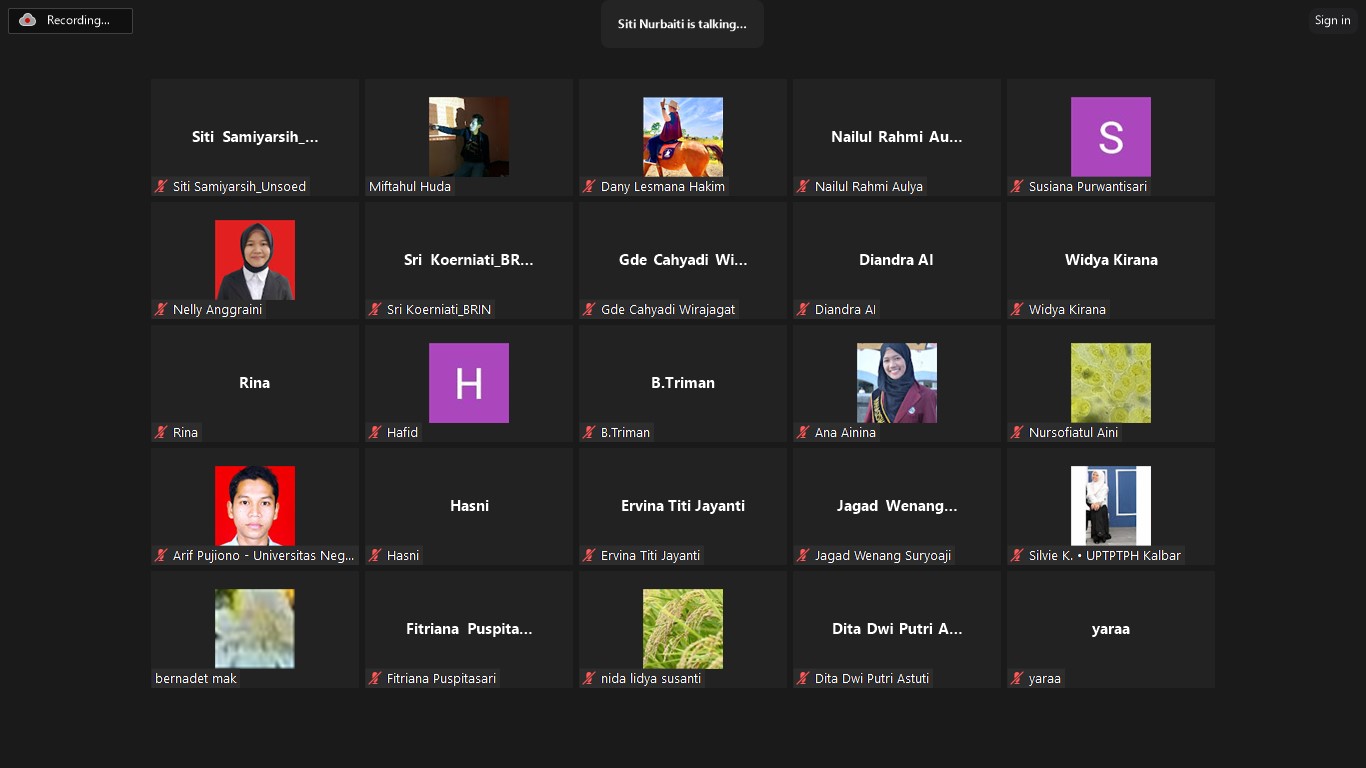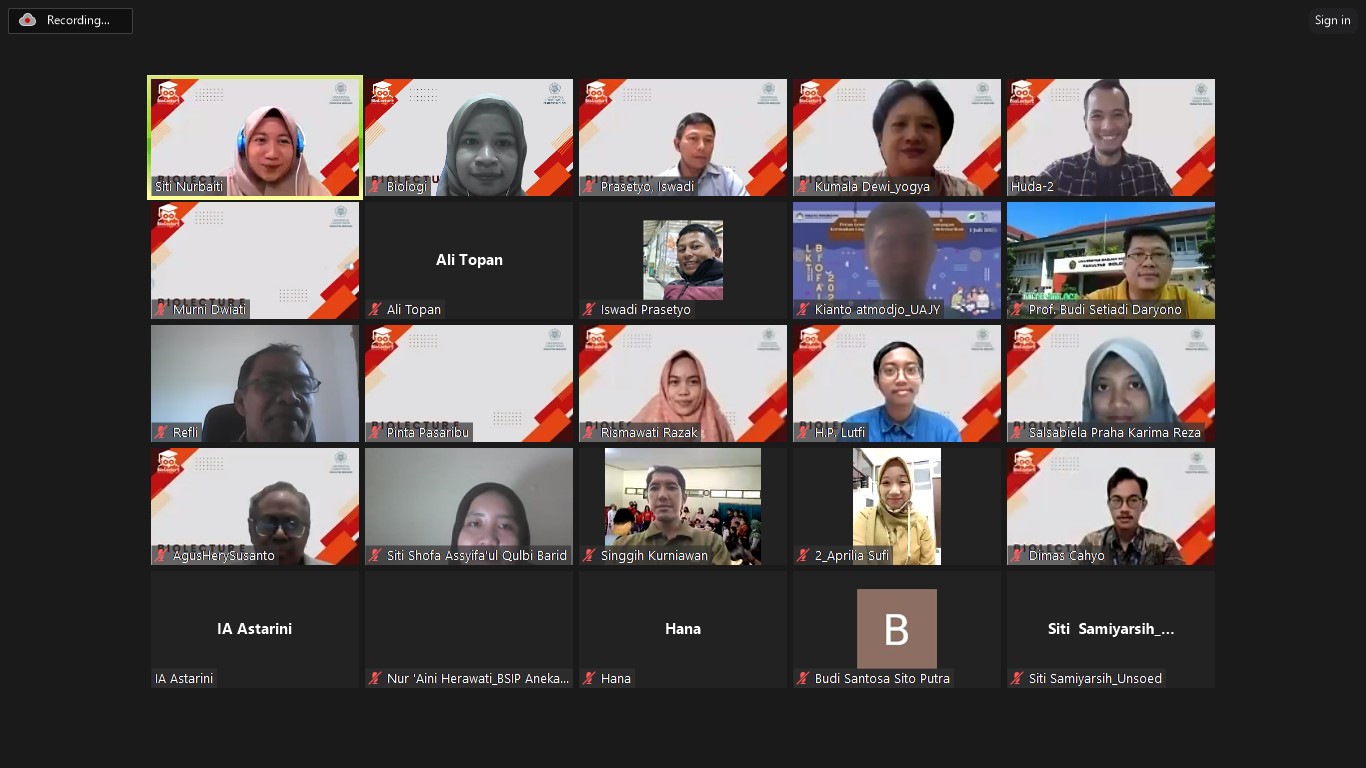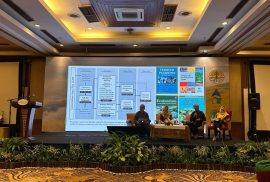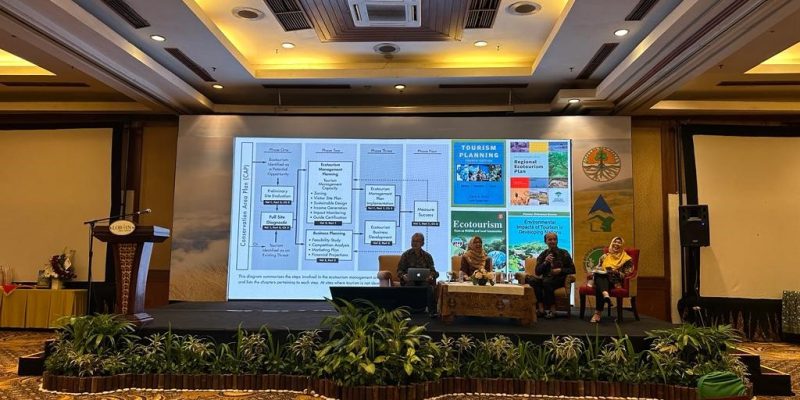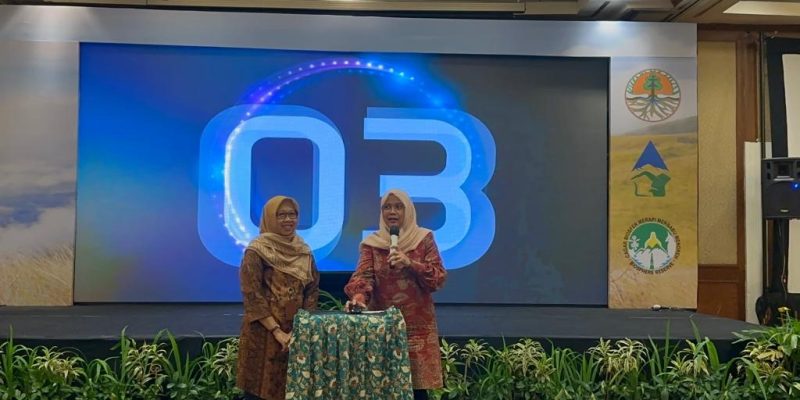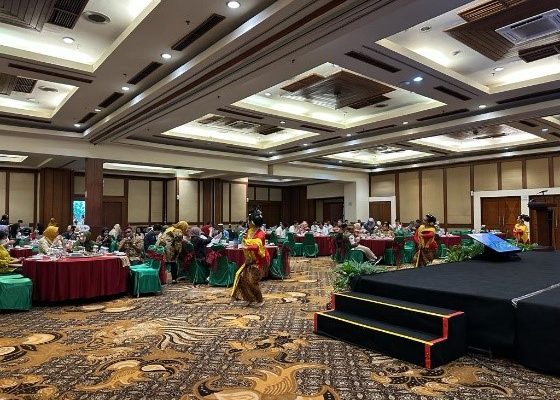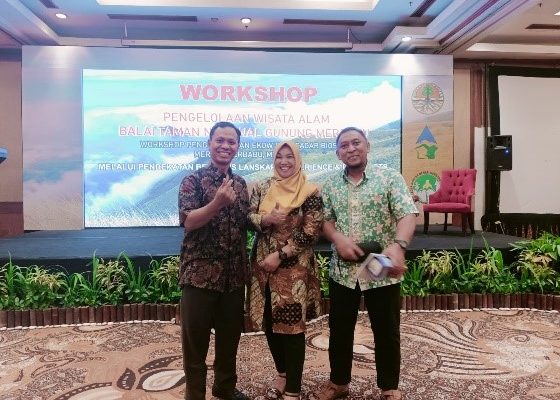Yogyakarta, Indonesia – July 25, 2023: The Faculty of Biology at Universitas Gadjah Mada (UGM) continues to drive environmental awareness and global cooperation through the highly anticipated 6th International Summer Course on Tropical Biodiversity and Sustainable Development. In a seamless transition to virtual engagement, the second lecture series delved into the theme “Making Chemistry More Sustainable,” captivating a diverse audience of environmental enthusiasts, scholars, and researchers.
Hosted by the Faculty of Biology, UGM, the virtual lecture took place on Tuesday, July 25, 2023, providing a unique opportunity for attendees to explore groundbreaking approaches to sustainability within the realm of chemistry.
The esteemed speakers for this enriching session were Professor Sir Martyn Poliakoff CBE FRS FREng and Professor Michael W George, both from Nottingham University. Professor Sir Martyn Poliakoff is an eminent figure whose academic journey began at King’s College, Cambridge, where he obtained his B.A. in 1969 and Ph.D. in 1973. He pursued his research on the Matrix Isolation of Large Molecules. In 1972, he was appointed as a Research/Senior Research Officer in the Department of Inorganic Chemistry at the University of Newcastle upon Tyne. His expertise and contributions have significantly influenced the field of chemistry.
Professor Michael W George, another esteemed speaker, completed his B.Sc. and Ph.D. at the University of Nottingham in 1987 and 1990, respectively. Currently serving as the Deputy Head of School, he was previously the Vice-Provost Research & Knowledge Exchange at the University of Nottingham Ningbo China (2014-16). His pioneering research has been instrumental in advancing sustainable practices in chemistry.
The engaging session was skillfully moderated by Dr. Miftahul Ilmi from the Faculty of Biology, UGM, who ensured an insightful exchange of ideas and perspectives among the speakers and participants.
The second lecture series attracted a diverse and enthusiastic audience of 52 online participants, comprising students, academics, and professionals passionate about fostering sustainability in the field of chemistry.
The 6th International Summer Course on Tropical Biodiversity and Sustainable Development remains committed to providing a platform for cutting-edge discussions, knowledge-sharing, and global collaboration. Participants from various corners of the world can engage virtually, breaking down geographical barriers and strengthening the global network of sustainability advocates.
As the course progresses, participants eagerly anticipate more enriching lecture series, workshops, and interactive sessions, reinforcing the Faculty of Biology, UGM’s dedication to promoting sustainable practices and biodiversity conservation.


